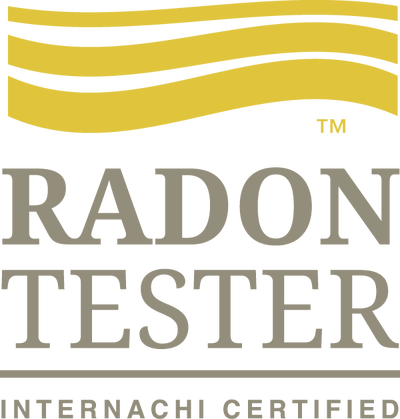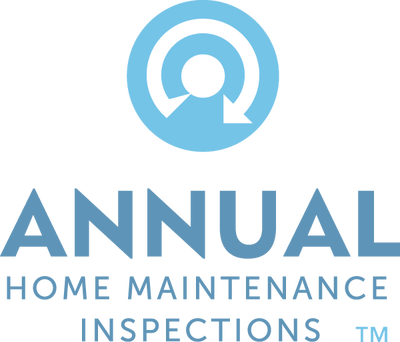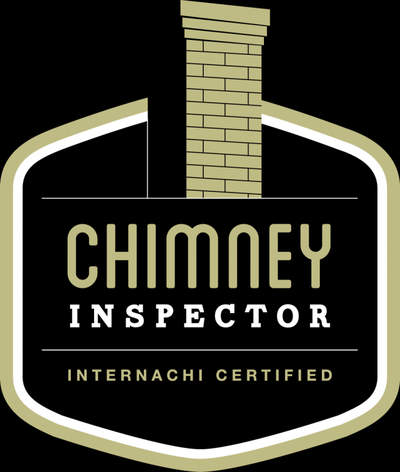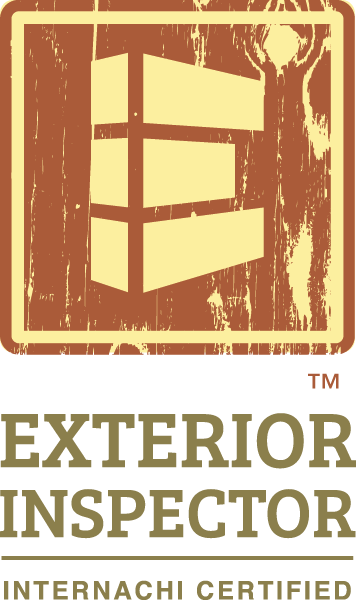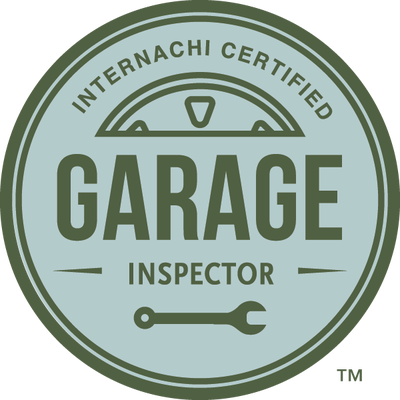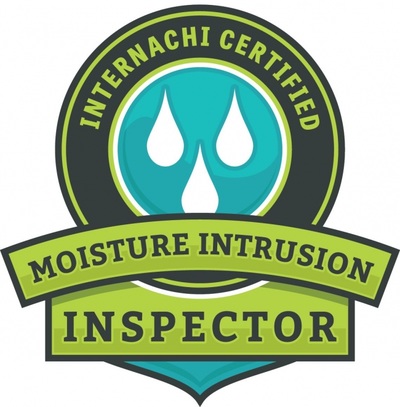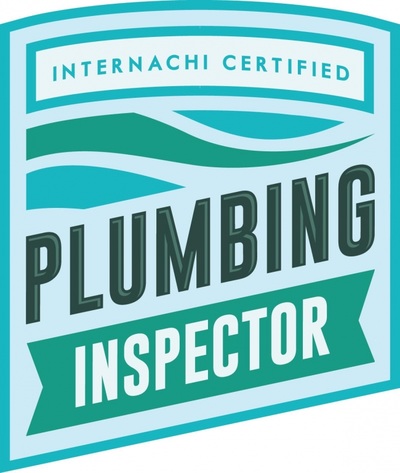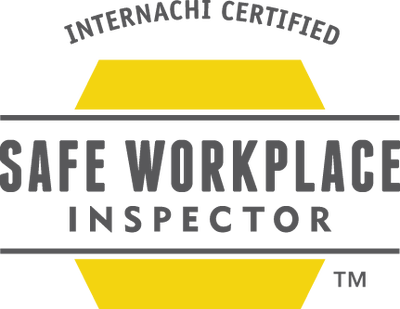|
by Nick Gromicko Cisterns are tanks that store water for a variety of purposes, such as irrigation, fire suppression and drinking. Uses
Materials Cisterns must be made from sturdy materials to support an immense water weight. One gallon of water weighs 8.3 pounds (3.7 kg), and each cubic foot of water weighs 62.4 pounds (28.3 kg). Wind loads may also take a toll on exposed elevated tanks. Some common materials used in cistern construction include:
Inspection Cisterns, along with all their components and accessories, should undergo regular inspections. Replacement or repair of the unit as a whole, and any of its constituent parts and accessories, should subsequently be undertaken, if needed. The primary concern of a cistern inspection is to detect leaks, which can allow water to escape or contaminants to enter the tank. In addition, the following elements may be inspected:
Maintenance Maintenance requirements for cisterns are relatively few if they supply non-potable water. Cisterns designed for the drinking water supply have much higher maintenance requirements, such as biannual testing for water quality and filtering systems. The following maintenance guidelines can be followed for most types of cisterns:
Placement Although usually located underground, cisterns may be placed at ground level or on elevated stands either outdoors or within buildings. For safety and efficiency considerations, cisterns should be placed:
Craftsman Home Inspections llc is a home inspection and Radon Testing company proudly serving the Aurora CO and Denver CO Metro Areas. If you are looking for a Home Inspector in Aurora or Denver, please give us a call at 720-593-0383 or check us out online at CraftsmanColorado.com or simply schedule your home inspection below.
SCHEDULE INSPECTION
1 Comment
12/30/2020 05:01:22 am
Really very thank you for sharing this information with us. i'll definitely follow them and clean my air ducts after regular intervals...
Reply
Leave a Reply. |
AuthorCraftsman Home Inspections. We are your Aurora and Denver Colorado Home Inspectors. Here you will find useful information about the Home Inspection industry as well as home maintenance tips. Archives
April 2020
Categories |
Our
|
Craftsman Home Inspections llcAt Craftsman Home Inspections we are professionals who promise to give you our best Home inspection every time.
|
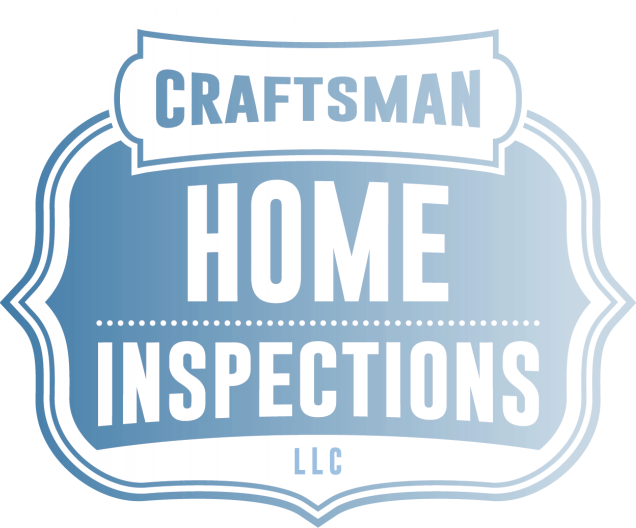
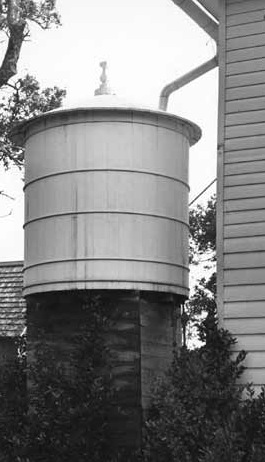
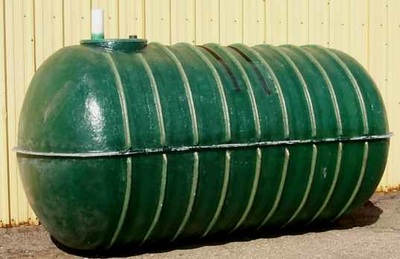
 RSS Feed
RSS Feed
